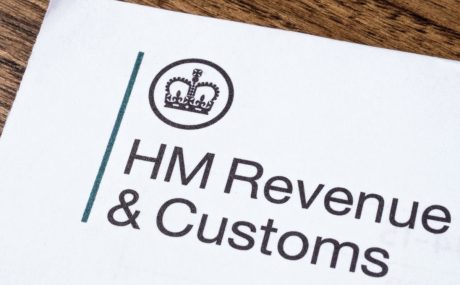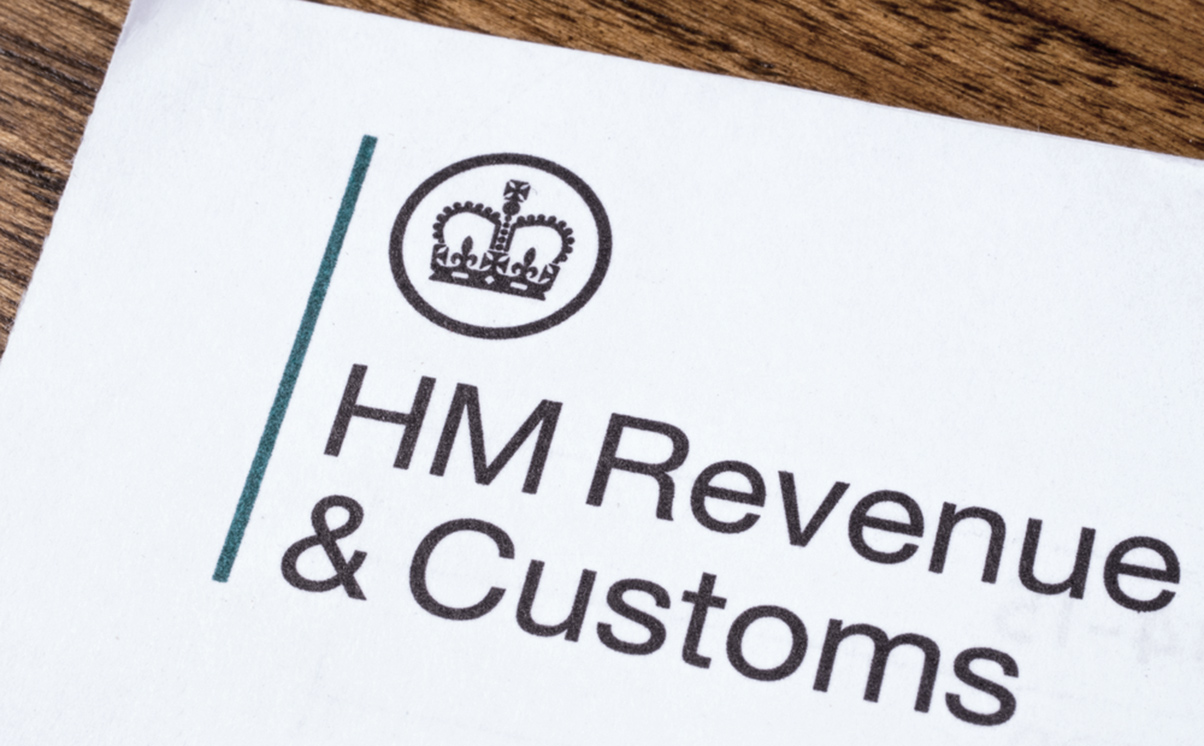Tribunal Judge Harriet Morgan of the First-Tier Tribunal (FTT) Tax Chamber handed down her judgment in the dispute between construction company Quinn (London) Limited and HMRC on 27 October 2021. The FTT found in favour of Quinn, ruling that the company was entitled to enhanced SME research and development tax relief (“enhanced R&D relief”) totalling approximately £1m.
Enhanced R&D relief permits companies to deduct 130% of their qualifying expenditure from their otherwise taxable profits (provided certain conditions are met). It is an important regime for encouraging innovation. If HMRC had been successful in its arguments, it would likely have significantly curtailed the ability of SMEs to access the relief.
The issue in dispute
An SME must meet a number of conditions to qualify for enhanced R&D relief. Apart from one condition, HMRC accepted these as being met by Quinn.
To qualify for enhanced R&D relief, the relevant R&D expenditure must not be “subsidised expenditure”, according to section 1138(1)(c) of the Corporation Tax Act 2009. It was this condition that HMRC considered was not met.
HMRC argued that Quinn was not entitled to the enhanced R&D relief because the R&D was carried out in the course of Quinn providing services to its clients for which Quinn received payment in sufficient amount to cover the claimed R&D expenditure, and so was “subsidised” indirectly. Quinn contended that its clients did not meet Quinn’s R&D expenditure and paid only for the finished construction works, and so the R&D itself was not “subsidised”.
Tribunal Judge Harriet Morgan ruled that a fair reading of 1138(1)(c) would conclude that it is not intended to apply in circumstances such as Quinn completing R&D in the course of providing its services where there is no clear link between the price paid by the customer and the R&D expenditure.
The Tribunal Judge went on to hold at 47[(5)] that “it would be wholly out of kilter with the overall SME scheme if an SME were to be denied enhanced R&D relief solely because, as is usual and to be expected of an entity carrying out a trade on a commercial basis, it seeks to recover some or all of the relevant costs of the R&D under it its commercial contracts with its clients entered into in the course of its ordinary trading activities. Indeed, if HMRC’s approach were to be adopted, the circumstances in which an SME could claim enhanced R&D relief would seem to be confined to those where it has no prospect of exploiting the R&D for commercial gain.”
Wider significance
The Tribunal’s decision to uphold the appeal against HMRC prevents a potential narrowing of the scope of the enhanced R&D relief. Though the company in this instance, Quinn, is a construction business, this decision has significance for SMEs across all industries that complete client-led R&D. As the Tribunal Judge noted, the case “involves an issue on which there is currently no binding authority and the determination of this issue affects the scope of the SME scheme as it may be expected to affect many taxpayers”.
In the process of ensuring good value for taxpayers’ money, HMRC has renewed its focus on access to enhanced R&D relief and, in particular, whether the relevant R&D expenditure is “subsidised expenditure”. This case provides a precedent but is not a binding decision, and HMRC may continue to challenge the eligibility of customer-led R&D projects in future on similar grounds. It will be important in future cases to see how HMRC’s approach may develop as it seeks to argue what is and isn’t a “clear link” between amounts received by customers of SMEs and the undertaking of R&D. It is likely further disputes will ensue.
Stewarts’ role
Stewarts was instructed by ForrestBrown, a specialist R&D tax credit consultancy, to act on behalf of Quinn.
The successful appeal was made possible by the effective collaboration between Stewarts and ForrestBrown.
Stewarts said: “We are delighted for Quinn and for ForrestBrown, with whom we have worked closely, in securing this victory. HMRC’s approach, if it had been accepted, risked narrowing the scope and ability of SMEs to access enhanced R&D relief. The victory is the result of a team effort, who worked hard to expertly marshal the technical tax issues in dispute.”
James Dudbridge, Director and head of the advisory practice at ForrestBrown, explained: “Our goal is always to resolve enquiries efficiently with the best possible result for our clients. But in this case, that meant taking the extra step of appealing the enquiry outcome to the tax tribunal. Stewarts is known for having a specialist team with significant experience in resolving complex tax enquiries and disputes with HMRC, so were a perfect fit as a partner to guide our client through the tribunal process. Their calm and measured advice and insight throughout, combined with the specialist expertise of ForrestBrown, was a vital part of achieving this important result for our client.”
You can find further information regarding our expertise, experience and team on our Tax Litigation and Investigations pages.
If you require assistance from our team, please contact us.
Subscribe – In order to receive our news straight to your inbox, subscribe here. Our newsletters are sent no more than once a month.





